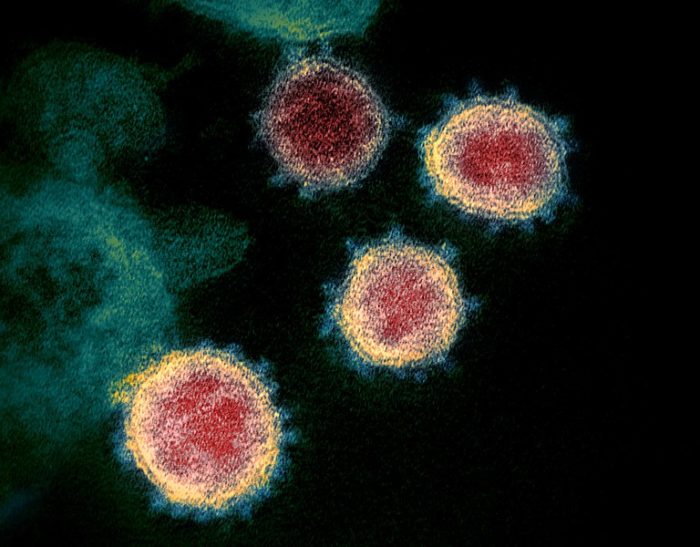The new variants of COVID-19 that are being detected globally, including South Africa, may have originated from immunocompromised patients, according to a leading British microbiologist.
Professor Sharon Peacock, executive director of the COVID-19 Genomics UK consortium (COG-UK), said immunocompromised patients (people with weaker immune systems) are more likely to fall severely ill and that could be “part of the story” behind the genetic mutations that have occurred in the novel coronavirus, Sars-CoV-2, according to The Independent.
COG-UK was created to deliver large-scale and rapid whole-genome sequencing to British health centres and the UK government. “The virus genome data is combined with clinical and epidemiological datasets in order to help guide public health interventions and policies,” according to their website.
B.1.1.7, the UK variant, is at least 50% more transmissible than the original coronavirus, while British authorities are also concerned about the South African variant (501.V2), which they believe is capable of dodging parts of the immune system’s response.
Peacock explained that patients with compromised immune systems can harbour Sars-CoV-2 for long periods of time, and this allows it to acquire multiple mutations – some of which are advantageous to the pathogen – before being transmitted in its new form.
Speaking at a Royal Society of Medicine webinar on Thursday [January 14], Peacock said: “One of the interesting hypotheses – and it is a hypothesis at the moment – is that some people who have an impaired immune system can actually have chronic infection with Covid-19 and have the virus in their body for some period of time.”
“What people have observed in case studies at the moment is that such patients can have viruses that have changed quite a lot during the course of their clinical disease.”
Despite the initial theory, more research is needed before the emergence of new variants can be “associated with people who have an impaired immune system” for sure, said Peacock.
There is a difference between people with a chronic COVID-19 infection and those who suffer from ‘long COVID’ – who experience prolonged symptoms of the virus long after it has cleared from their bodies.
Scientists have identified 23 changes in the genetic coding of B.1.1.7 – for contrast, Sars-CoV-2, typically, acquires one to two mutations per month – meaning that the UK variant may have evolved for a long time in a chronically infected patient.
Last month, Professor Maria van Kerhove, an epidemiologist with the World Health Organization (WHO) said this phenomenon “is rare but it can happen”.
B.1.1.7 displays “too many mutations to have accumulated under normal evolutionary circumstance,” according to Stephen Goldstein, a virologist at the University of Utah.
COG-UK is one of the leading coronavirus sequencing projects in the world and has been monitoring the evolution of the virus since the start of the pandemic.
B.1.1.7 was first detected in September 2020, while South Africa’s 501.V2 was first detected in the Eastern Cape and reported by the Department of Health on December 18. However, the National Institute for Communicable Diseases (NICD) also earmarks late September, as this is when the Sars-CoV-2 in the country “accumulated several new mutations including some that may impact on how the virus spreads and responds to antibodies.”
On Thursday, the UK banned travelling from the entire South American continent and Portugal over concerns over another new variant that emerged in Brazil, according to the Associated Press.
Picture: Wikimedia Commons

